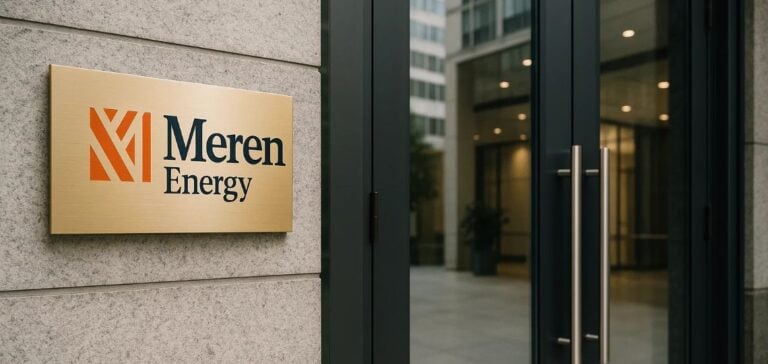Meren Energy, formerly Africa Oil Corporation, is seeking to divest part of its stakes in offshore blocks EG-18 and EG-31 located in Equatorial Guinea. The announcement was made by the company’s Chief Executive Officer, Roger Tucker, who detailed the group’s intentions during a media appearance on May 30.
Owned 80% by Meren Energy, these two blocks are operated in partnership with the national oil company GEPetrol (Guinea Ecuatorial de Petróleos). The company has opened data rooms, secured digital environments, to allow interested firms to access technical information on the licences, with a view to potential negotiations.
Data access and international interest
Roger Tucker stated that several international companies have already reviewed the available data. Some of them are no longer active in the country, which, according to him, highlights the potential interest driven by the estimated volumes of block EG-18. The company has not specified the exact number of bidders or the timeline of the process.
“We hope to attract another major player for the EG-18 field and someone else for the EG-31 field,” Tucker said. This approach aims to rebalance the company’s portfolio while securing new financial inflows in the context of a strategic shift.
Portfolio optimisation and strategic refocus
The operation is part of a broader asset optimisation strategy aimed at reducing Meren Energy’s exposure on certain projects while focusing resources on higher-yield areas. This repositioning comes as Equatorial Guinea’s oil production continues to decline, according to official data from the Ministry of Mines and Hydrocarbons.
The renewed valuation of the country’s offshore resources, particularly in deepwater blocks like EG-18, is again attracting the attention of international players, as major companies seek to secure lower-risk projects with prospects for swift development.
“This renewed interest gives you an idea of the scale of the deposit we have in EG-18,” said Roger Tucker, without providing further details on the estimated volumes or preliminary findings.






















